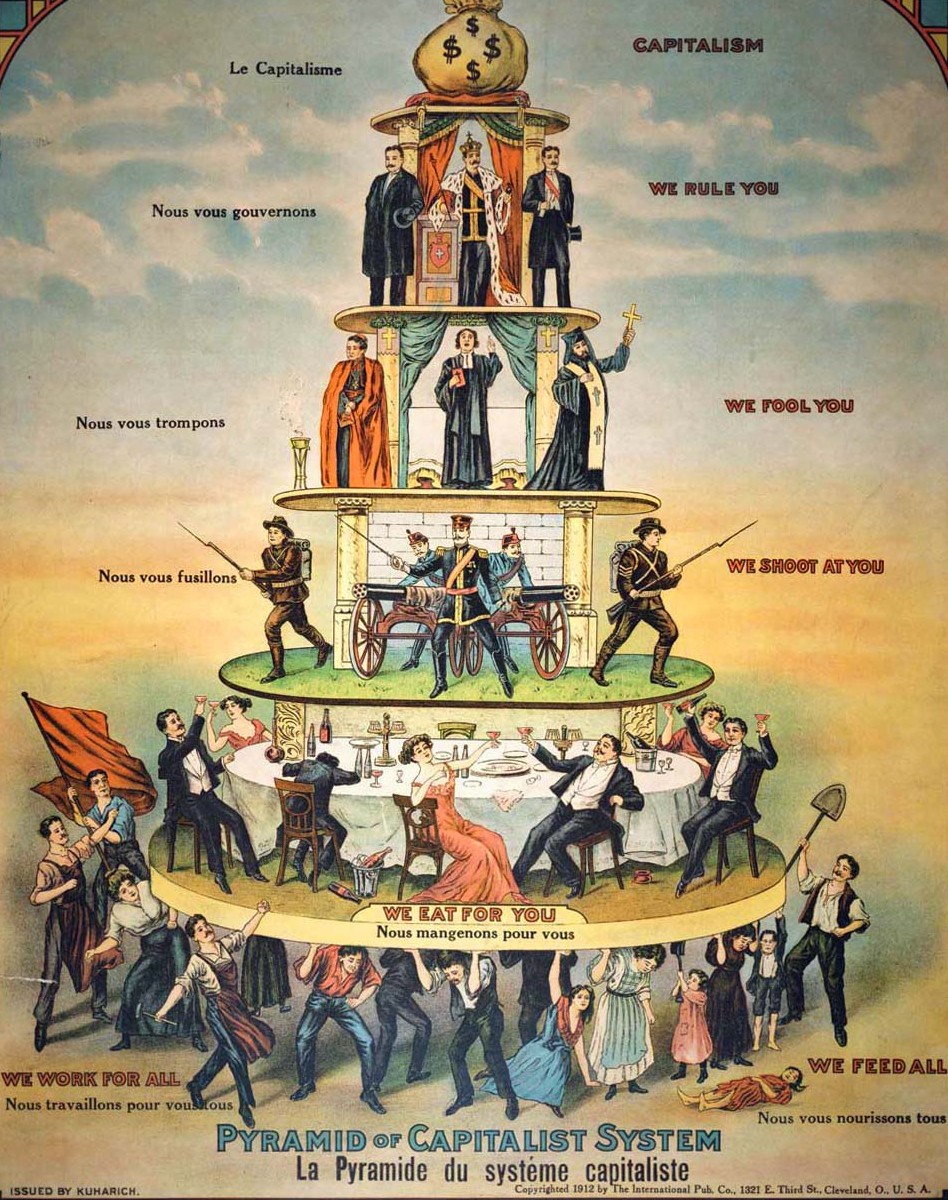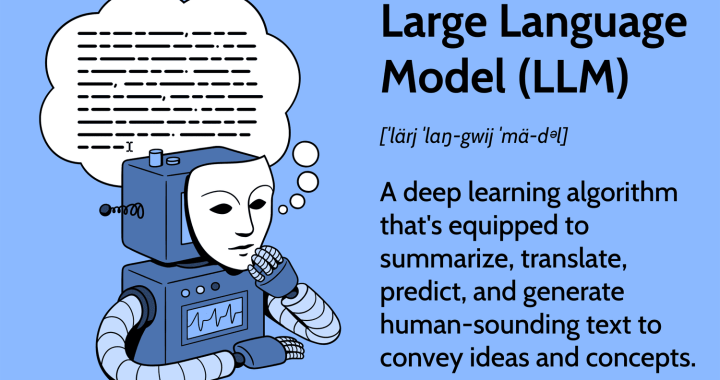∀ “We feed all — we work for all!”
¶ Prompt from Julia Cameron’s The Right to Write.
A heavy cocktail of blockage: perfectionism, formulas, performance anxiety. The cure?
“Write five circumstances in which you could use writing.” The point here is to acknowledge that there are things we wish we could write about, but that we hold ourselves back from because of this notion that there must be a perfect way to say it — and yet “perfection” (or call it “standard set by another”) is often a guise to avoid expressing the very thing in us that is itself messy and fraught, often ecstatic, often joyful. Cameron asks us to list five things we could write, that would serve us personally, but that we won’t because it has to be just right — then to pick one and go for it — kind of like last week: where we let the material find its own form. The fight here, with the “vs,” is to not subject our material to any preconceived formula: e.i. five-act play, sonnet, Hollywood romance with a twist, old habits of writing, “How To” guides, models “that work.” (Why I love the Novel form is precisely because the form has to be “novel.”) If I had to guess why we put so much emphasis on structure, it would have to do with our infatuation with medium; we tell ourselves that there are no new stories, so we fall in love with how old stories are repeated in new ways; or we copy modes that work on us, thinking that it will work for our work too, (“I like Plath, so maybe other’s will like my copy-of-Plath”), when in reality our work needs to find its own voice organically. And it will, if we let it. All material, if deeply personal, is itself always novel.
1. I could write a letter to family in Buenos Aires
2. Start a new project
3. Write a cover letter for a magazine submission
4. Practice my penmanship
5. Write a cup
I really like the “cup” idea. I went back and wrote a few ideas down on lined paper, and came up with one that seemed topical. The Sunday after graduation a few peers from my writing program organized an “MFA Prom” held in the haunted yet enchanting Jane Hotel in the West Village. The event had me feeling all kinds of ways. The following story is a remembrance of things past sort of tale hah inspired by these more recent events.
Asking the crush of my dreams out to prom.
Geeky public magnet school. 2009, spring of senior year. I was running cross-country after school. That’s when I met her — watching her race in front of me, or out behind, lapped or stretching, there was always movement about her. Sometimes, when there was no cross-country practice after school, I would drive my brother and his soon to be girlfriend down highway 59, up i45, and catch sight of her — in her white Ford Focus, and she would cut me off at a merge, and for a long time her white car and my blue one would weave fast in between traffic going eighty, ninety miles per hour, because the thrill of swerving in front of her dangerous vehicle proved more exciting than letting her pass me by. There was always speed about her. This infamous racing gained some talk about campus, just enough to put a smile on my face and convince me to do it again the next day, and the next. But I never talked face to face with her during. She seemed out of reach, mysterious, elusive, all the fairy-like traits young boys are attracted to. No way we would talk.
It got to be about April, the time when seniors panic about not having a prom date, or decide finally out of desperation not to go with anyone at all, but alone.
“Podés ir con tus amigos,” my mother said, consoling me. “Como hice yo.”
We were riding around our neighborhood. We had stopped at a smoothie place, because she loves smoothies and she loves to buy us smoothies. With strips of mango still in my mouth, I listened to her talk sense. I knew who I wanted to ask out, but there was no way; asking was too random, why me, and even if me, then how, when? Mama cut to the chase without cutting to the quick, getting me to admit at least the who, and continuing the conversation that way.
“¿A quién preguntarías?” she asked. Before I could answer, I began to bawl. A wretch! A dateless loser! What else did I call myself? I admitted who, but confessed there was no reason for her to say yes.
My mother skipped the turn to go home, and instead drove us around the neighborhood a bit longer to hear me. She has always been there to listen to me.
“Podés ir solo,” she reminded me. “O podés preguntar.” She rounded her advice, as always. With Mama, no matter what I did, any option would be the best option — at least I had options: do nothing, go alone, or ask someone out. “Lo importante es disfrutar el haber terminado high school.”
“No quiero ir solo,” I said.
“Preguntale entonces.”
“No sé como.” I knew that I knew who, but knew not how or when to ask her out.
(The careful reader will notice here the connection between the form exercise for writing and the metaphor of asking a girl out to prom. We know what and who, but not how or when. Let us continue.)
I would fret for a few days before finally a miracle happened. My last class was US Government, but today my teacher had called in absent last minute. There was a sign asking students to please meet in the Spanish class next door, and spend last period conjugating verbs and asking questions. Luckily, the Spanish teacher exclaimed, today the students were presenting their final projects, so it wasn’t a big deal to have a whole other class in his class. But to me it was a big deal, because I knew, O how I knew, that the girl of my dreams was in that very classroom. Gears in my head started turning. My stomach started churning. My throat constricted. My palms… you get the anxiety.
I sat next to my good friend in the back of the class, who shared this Spanish class with this girl — ok, fine, her name was Kendall, and she was a one of a kind young lady who eventually became my first real girlfriend, and who treated me so well, but we weren’t there yet, we were suffering like only teenagers can! — and it was through my friend that I knew Kendall sat in this class. She was exactly two rows and one seat over from my friend and I. He and I talked old Cure album noise while classmates went up and presented on whatever it was they were presenting. The A/C unit must have been broken, because I broke in sweat. She was up there, far far away. But let’s cut to the end of the class because this is terribly boring and anxious, plus I was wishing for class to be over, because all fifty minutes of that class I was scheming a scheme. The scheme:
The bell rang. Class let out. School that day was over. I had taken all my books and papers out, and was now slowly putting each binder and notebook back into my backpack one by one. She was also taking her time packing her things up, chatting with passing friends as they exited the room. Eventually, it was just us two. I held the door open for her. The scheme worked!
“You have to be brainwashed to believe in capitalism,” she said, shaking her head. “And an idiot to believe in religion.”
She kept shaking her head, while mine was being blown. Could we really share the same red flag waving views about the world? I pulled out a colored print out of a pyramid with the proletariat on bottom, the higher social classes up on top, further and further to a bag of money, our ruler. I handed the paper to her, and asked her to please keep it.
She held it, blushing, and thanked me, while the weather did its thing, and students zipped by doing theirs. So we ended our walk, in front of her locker.
“Yeah, uh, hey,” I muttered. Now or never. And here a conditional escaped me, grammatically incorrect, formless, like three different expressions I had heard once before, but had stitched together right on time, the kind of expression any language teacher would have been proud to hear from a first year student:
“I was wondering if you would be interested in maybe going to prom with me?”
Just like that. And she accepted, Kendall, the moving, speedy, car riding shin splints kind of girl who stole my heart and went to prom with me, and latter taught me things I wouldn’t dare share with the public, yet.
I’m reminded of a Demetri Martin pie chart titled “Life.” It is completely full of one thing, at 100%: “Timing.” I think that’s the secret to the form vs formula debate. As soon as you land on the page, the timing is made just right, and a new form is born — no need to spend time crafting a formula… (Unless all of the above has been pure drivel… in which case please ignore; but to me, at least, it was all a total win.)




